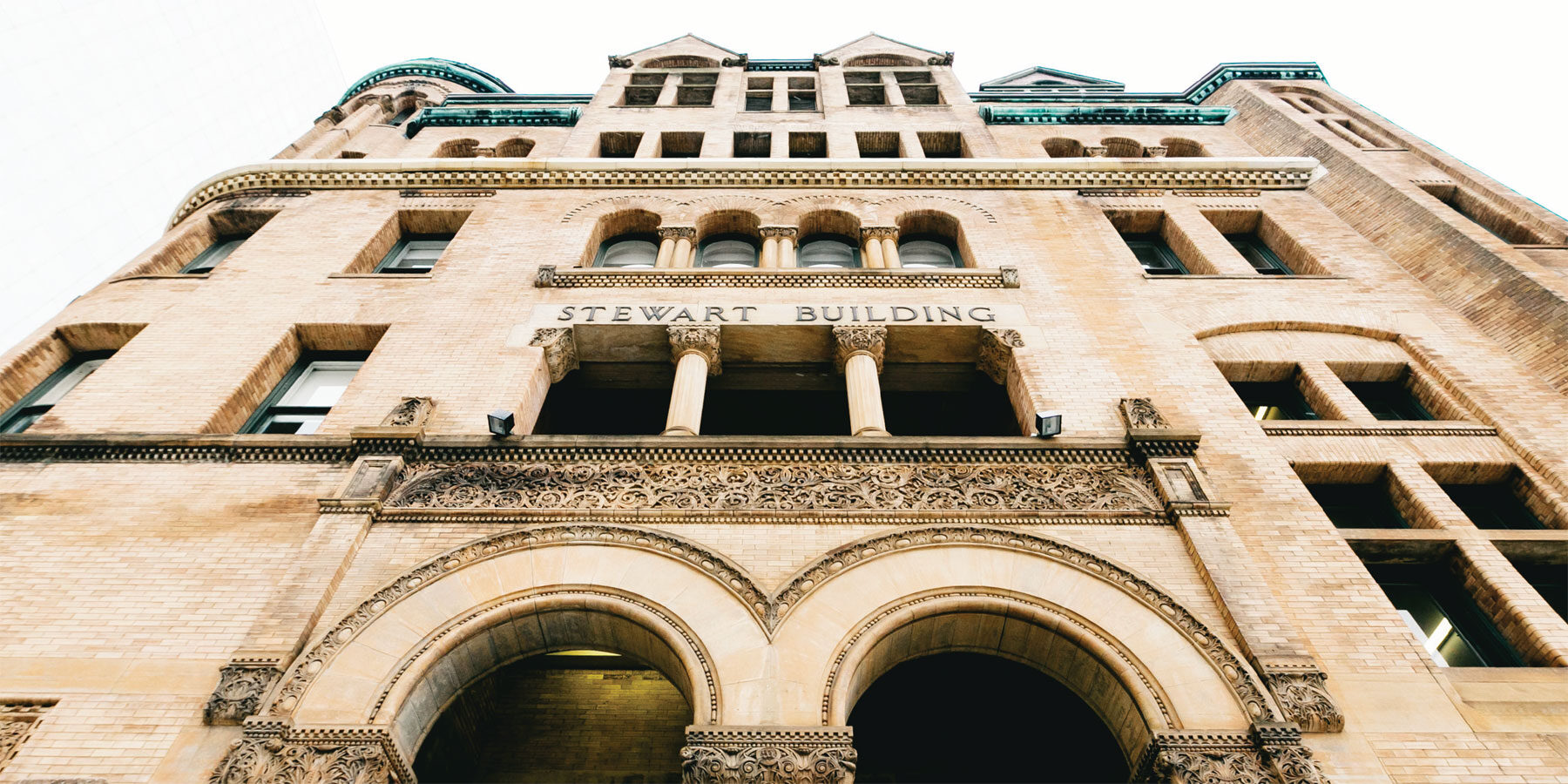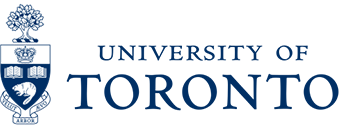The Training Program in Plastic, Reconstructive & Aesthetic Surgery is part of the Postgraduate Training Program in Surgery at the University of Toronto.
The program is under the leadership of the Chair of the Division, Dr. Joan Lipa and the Program Director, Dr. Kyle Wanzel.
The training program consists of five years. Nationally, Plastic Surgery residency training has adopted Competence by Design (CBD). The first fully CBD cohort started their training in July 2020.
Training now involves a Department of Surgery Prep Camp, followed by a Division of Plastic Surgery Prep Camp. Clinical training then consists of one year of Surgical Foundations (which involves teaching, lectures, and surgical skills lab sessions for all surgical residents). After successful completion of this curriculum and a pass on the Surgical Foundations exam, trainees move into Core of Discipline training in Plastic Surgery.
The first year of Core of Discipline training involves several Plastic Surgery rotations, as well as a few “off service” rotations.
The PGY3 to PGY5 years are all Plastic Surgery rotations, assigned such that each resident characteristically has nine 4-month rotations over a three-year period (although the length of rotation may be variable and flexible depending of completion of that rotation’s competencies). These rotations are selected from ten different teaching hospitals. The order of these rotations is designed:
- To provide increasing complexity of patient problems;
- To fit the residents’ individual learning needs; and
- To provide progressive increase in resident responsibility.
For a more detailed description of CBD and the individual rotations, please refer to Competence by Design.
Additional Resources
Our Program Graduate’s Podcast
Learn about the plastic surgery residency program at the University of Toronto with Dr. Josephine D’Abbondanza. Recorded in January 2021.


